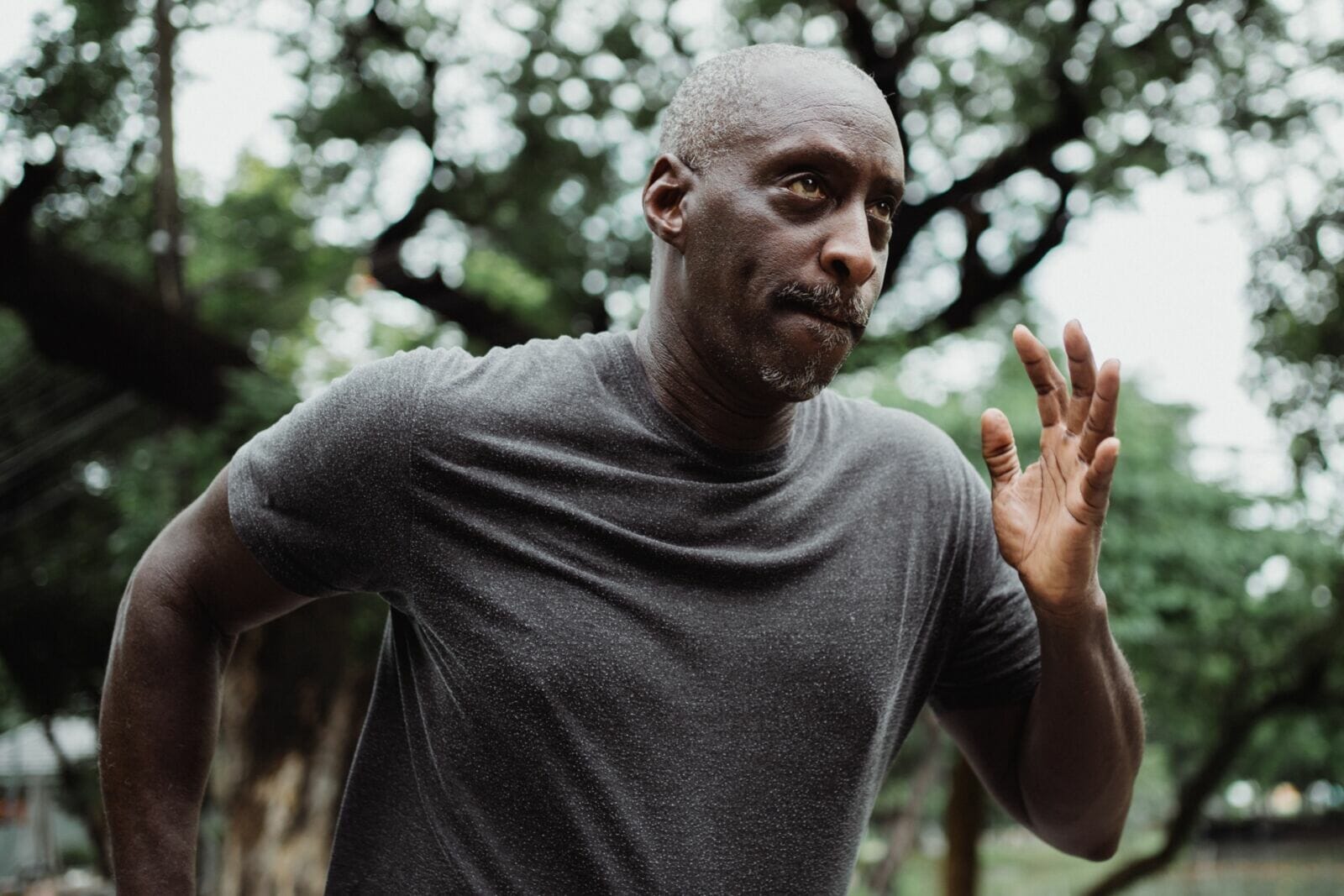Testosterone is one of the main hormones in a man’s body, and when the levels are low, you begin to experience several unpleasant symptoms. Some of these symptoms include problems with memory, a low sex drive, erectile dysfunction, depressed mood, body hair loss, and a decrease in muscle mass with an increase in body fat. Those susceptible to experiencing low testosterone are men who are older, overweight, have poorly managed type II diabetes, have obstructive sleep apnea or have other chronic medical conditions. However, testosterone is not the only main hormone in a man’s body, so we will describe testosterone and the rest below:
LEARN MORE: Read the latest consumer and lifestyle news here
Key Hormones in Men’s Bodies
Testosterone
Testosterone is a hormone, and it is produced in the testicles. It is highly important to the development of males because it is one of the main androgens in a male’s body. Androgens are sex hormones that get the process of puberty started and cause boys to develop adult male characteristics. They also play a significant role in the reproductive process. The kidneys each have one adrenal gland on top, and these glands also produce testosterone along with other hormones.
Throughout a man’s life, testosterone performs different functions, including the following:
• Lengthens a man’s vocal cords so that the voice deepens.
• Begins hair growth on the genitals, underarms, chest and face during puberty.
• Starts the process of sperm development.
DHEA
Dehydroepiandrosterone, or DHEA, is another hormone that the adrenal glands produce. Its job is to help the body produce other hormones, such as testosterone. Your testes also produce some of your body’s DHEA. DHEA also contributes to the production of insulin growth factor-1 or IGF-1. The role of IGF-1 is to promote insulin sensitivity and to aid with muscle growth.
Levels of DHEA reach their peak in young adulthood, but they begin to fall as time goes by.
HGH, or Human Growth Hormone
HGH is the hormone that triggers your body’s tissues and organs to grow. It becomes even more active during adolescence as it promotes growth in your bones and cartilage. When the body is ready to stop growing, it fuses the child’s bones so that HGH cannot cause continued growth. Rather than promote growth at this time, human growth hormone maintains your body’s structure.
The other job that HGH has is to regulate your metabolism. The chemical reactions that cause your food to be converted into energy is known as the “metabolism.” HGH contributes to this process by increasing the production of IGF-1. This hormone reduces glucose in the same manner as insulin. When the glucose levels in your body lower to an unsustainable level, human growth hormone will increase them.
Estrogen
Estrogen is very important in the functioning of a man’s body. It is known as the “female sex hormone,” but men also produce this hormone, and it takes part in maintaining a man’s reproductive health. Estrogen causes men to experience a sex drive, produce sperm and obtain an erection. If you have low levels of estrogen, your sex drive will be low, but if your estrogen levels are too high, it may lead to erectile dysfunction or infertility. Too much estrogen in a man also causes you to develop enlarged breasts.
Cortisol
The adrenal glands also produce the hormone “cortisol.” When you have a cortisol imbalance, you experience several symptoms that also correspond to andropause or male menopause. These symptoms include anxiety, irritability, brain fog, muscle and bone loss, weight gain, depression and fatigue.
Insulin
Insulin is extremely important to male bodily functions. It is needed for the testicles to be able to descend, and it is the reason that mature spermatozoa develop. It is also the reason that the prostate can grow and develop. If a man has low insulin levels, it results in the inability of the testes to grow, prevents the maturation of sperm and increases infertility.
If a man is overweight and resistant to insulin, his testosterone levels are lower, and he experiences erectile difficulties. A heavier man experiences these symptoms because insulin stimulates the production of testosterone, and without this stimulation, he may not have as much testosterone.
The Role of Testosterone
Muscle and Bone Development
Testosterone is the reason that the muscles of adolescent boys grow and become stronger. It promotes protein synthesis so that these reactions can occur. It is also why a boy’s bones grow and become stronger and remain that way until his testosterone levels decrease in his later years.
Sexual Function and Libido
Researchers discovered that higher testosterone levels are correlated to libido. The medical community also found that a man’s sexual desire improves as he receives testosterone replacement therapy.
Mood and Energy Levels
Mood and energy levels are correlated to adequate levels of testosterone in men. When testosterone levels are sufficient, men experience happiness, health and high energy levels. In contrast, when testosterone levels are low, men experience several mood and energy issues. These include depression, anxiety, stress, fatigue, a lack of well-being, cognitive impairment and personality changes. TRT, or testosterone replacement therapy, has increased a man’s strength, muscle mass, bone density, libido and energy levels.
Red Blood Cell Production
Testosterone aids in the production of red blood cells. Therefore, if your testosterone levels are dropping, this may lead to decreased levels of red blood cells. According to the JAMA Network Open, approximately 15% of older men diagnosed with low testosterone have also been diagnosed with anaemia. When older men receive TRT, their bodies produce an adequate number of red blood cells again.
If you are experiencing any of the symptoms described in this article and believe that it may be because of low testosterone levels, one of your best options is to discover testosterone for sale online. At the Medzone Clinic, we will provide you with a free, professional consultation. Contact us today.




